When planning an adventure to the enchanting landscapes and rich cultural tapestry of Vietnam, understanding the Vietnam Visa requirements becomes paramount. Whether you’re drawn by the allure of bustling cities, serene beaches, or the lush countryside, navigating the visa process can greatly influence the smoothness of your journey. With the right information at hand, you can focus more on enjoying your travels and less on paperwork.
Understanding Visa Requirements Based on Nationality
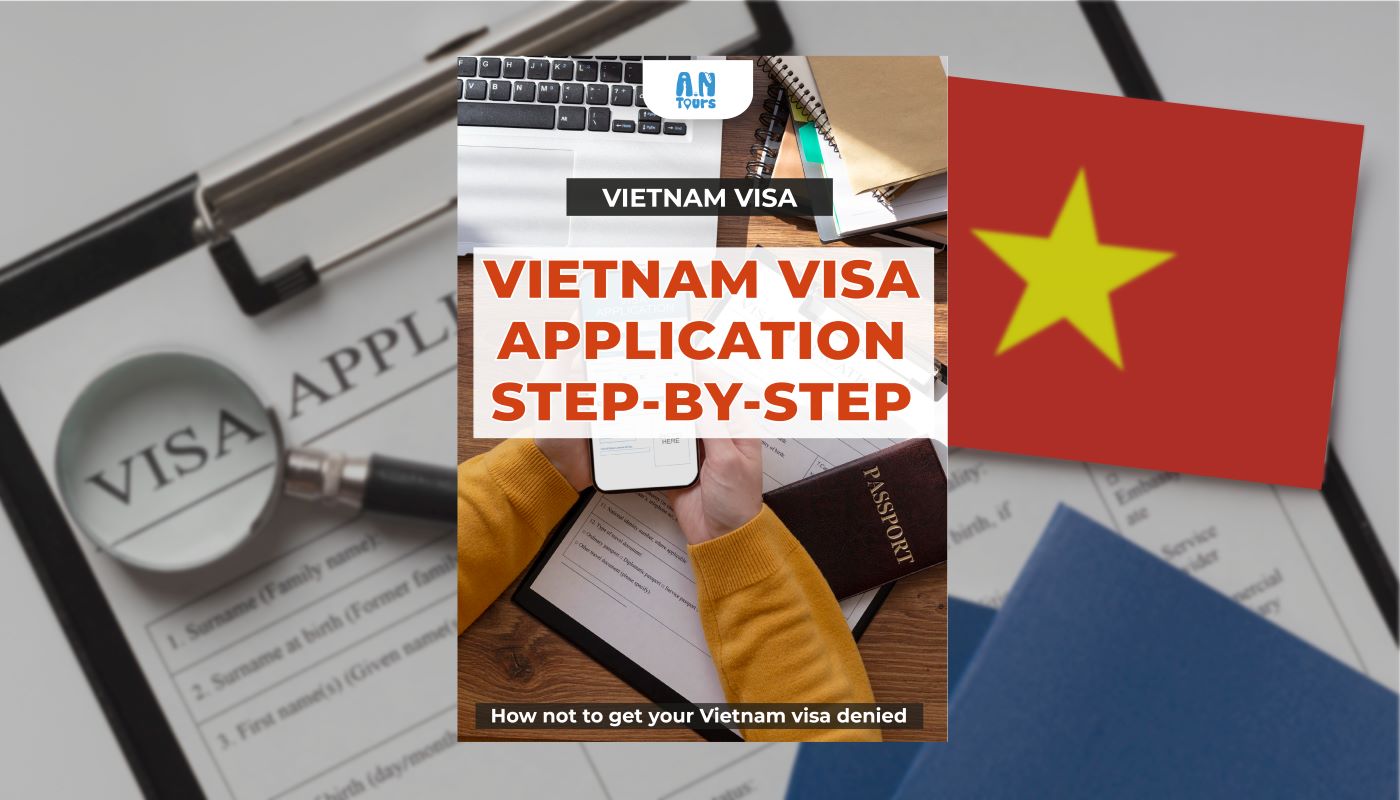
As the world becomes more interconnected, travel regulations vary significantly depending on the traveler’s nationality. For Vietnam, this means that certain citizens can enjoy the privilege of entering the country without a visa for up to 45 days, while others will need to navigate the visa application process.
Visa-Free Entry Criteria
Many travelers are surprised to learn that Vietnam offers visa-free entry to citizens from select countries. This often includes members of ASEAN (Association of Southeast Asian Nations) and some other nations worldwide. The criteria for visa exemption typically hinge on diplomatic agreements and international relations.
For travelers from these exempt nations, the experience begins with minimal fuss. Arriving with just a passport that meets the validity requirement not only saves time but also enhances the overall travel experience.
Importance of Checking Nationality-Specific Regulations
It is crucial for travelers to check whether their nationality falls under the visa exemption category. Even within regions, such as Europe or Asia, there can be stark differences in regulations. Resources such as the official Vietnamese immigration website provide the most accurate and updated information, ensuring you don’t encounter any unpleasant surprises upon arrival.
Keeping Current with Changes in Regulations
Travel regulations can shift due to political or health-related issues, like the global pandemic experienced recently. Regularly reviewing the latest updates regarding Vietnam Visa requirements is essential to remain informed about any changes that might affect your trip, including the introduction of new visa policies or e-visa eligibility extending to all nationalities.
Types of Vietnam Visas: Tourist and Business
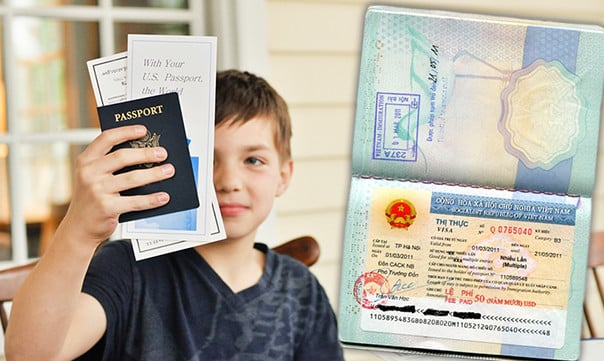
For those who do not qualify for visa-free entry, it is important to understand the types of visas available. The two primary categories are tourist visas and business visas, each serving distinct purposes yet unified by common grounds.
Tourist Visas: A Gateway to Explore Vietnam
A tourist visa is specifically designed for travelers seeking leisure, cultural immersion, and exploration of Vietnam’s breathtaking scenery. This type of visa typically allows for a stay of up to 30 days, with options for extensions if desired. The tourist visa facilitates the enjoyment of everything from Vietnam’s historical sites, delicious cuisine, to its warm, welcoming communities.
Business Visas: For Professional Engagements
In contrast, business visas cater to individuals traveling for professional reasons, such as attending conferences or meetings, engaging in trade, or scouting business opportunities. Similar to tourist visas, business visas usually have varying durations, which may range from one month to longer terms depending on the purpose of the visit.
Understanding the nuances between these types ultimately helps prospective travelers align their visa applications with their trip objectives.
Choosing the Right Visa Type
Selecting the right visa type is about more than just purpose; it impacts the entire travel experience. Misalignment can lead to complications, such as overstaying, which could result in fines or even future travel restrictions. Researching both visa types thoroughly ensures that travelers make informed choices tailored to their specific needs.
The E-Visa Process: A Convenient Option for Travelers
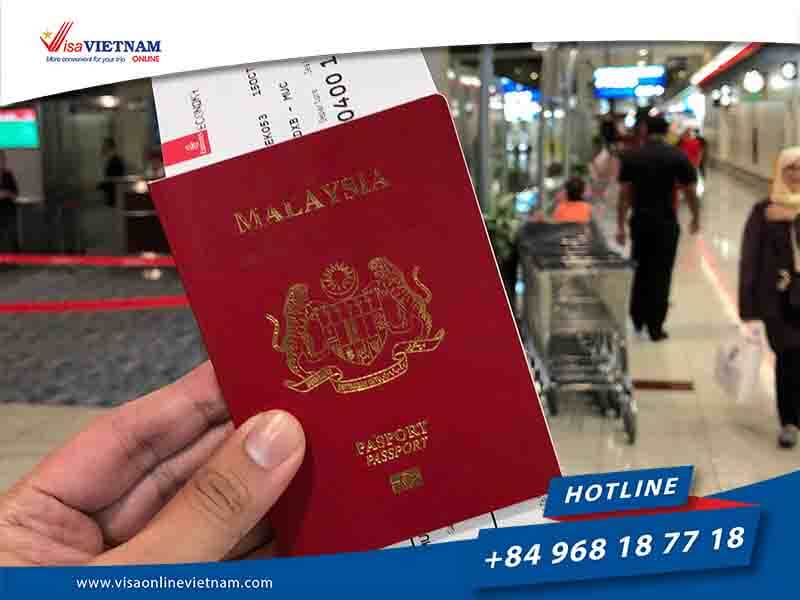
Technological advancements have streamlined many processes in our lives, and obtaining a Vietnam Visa is no exception. The introduction of the e-visa system marks a significant leap towards simplifying the visa application process for international travelers eager to explore Vietnam.
Advantages of the E-Visa
The e-visa process stands out as a convenient option for modern travelers. Applying through the official Vietnam immigration portal or authorized platforms like I Visa allows applicants to submit documents online, eliminating the need for in-person visits to embassies or consulates.
Another advantage is speed. The processing time generally takes up to three working days, making it an efficient solution for spontaneous travelers or those with tight schedules.
Application Process for E-Visas
Applying for an e-visa involves a few key steps. Firstly, applicants must gather necessary documentation, which may include a valid passport, passport-sized photographs, and relevant travel itineraries. Next, completing an online application form provides the required details, paving the way for the final step—payment.
With fees set at USD 25 for single entries and USD 50 for multiple entries, the cost is reasonable considering the ease and flexibility offered by e-visas.
Validity and Permissions of E-Visas
E-visas granted for tourism, business, or transit purposes come with a validity of up to 90 days, allowing multiple entries into Vietnam. However, it’s crucial to remember that e-visas do not permit paid employment or studying, emphasizing their intended use for travel-related activities.
Key Documentation Needed for Your Visa Application
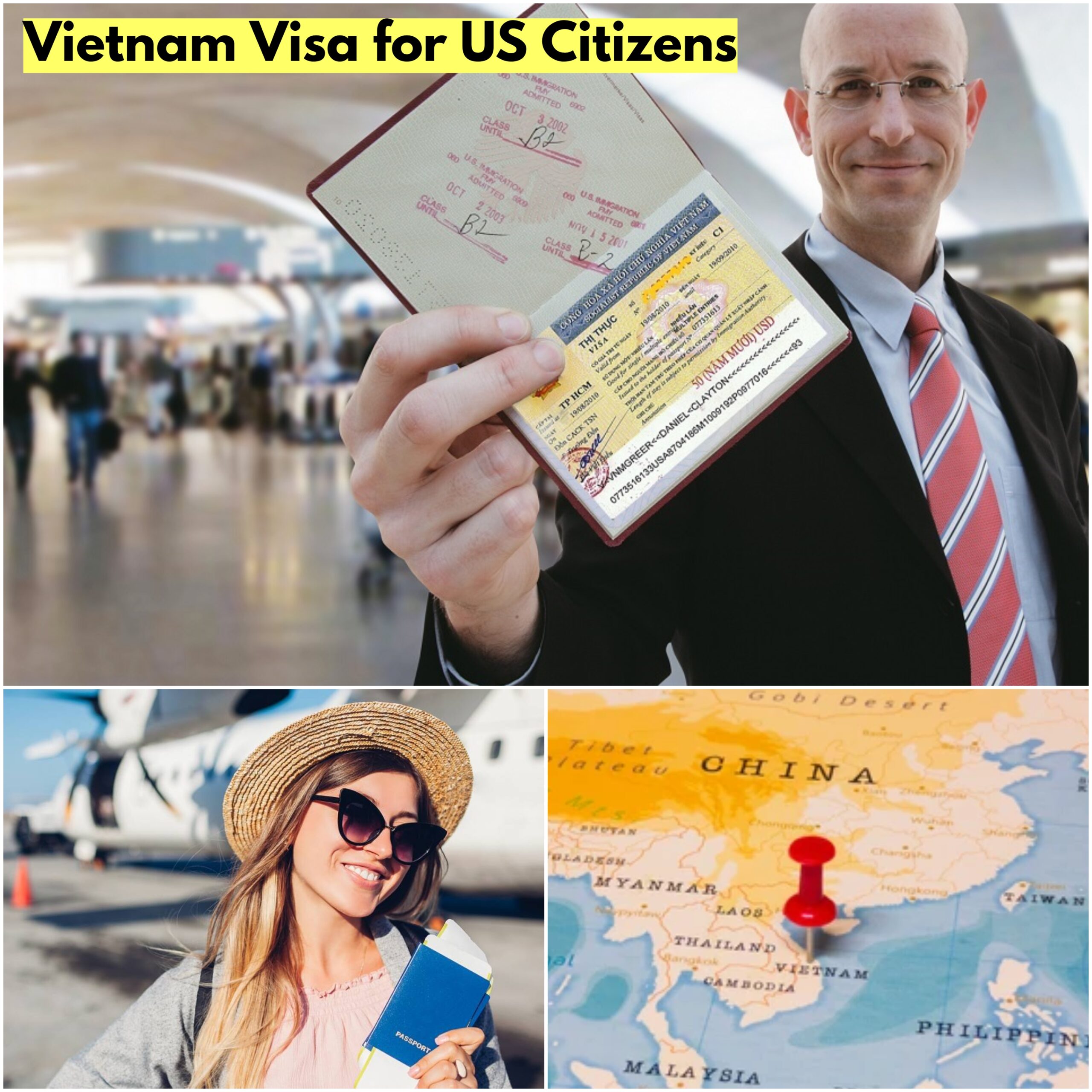
Document preparation plays a pivotal role in the visa application process. Having the right documents at hand can expedite the approval process and help avoid unnecessary delays or complications.
Primary Documentations Required
The cornerstone of any visa application is the applicant’s passport. It should be valid for at least six months from the date of entry into Vietnam and contain a minimum of two blank pages. Alongside the passport, applicants are usually required to provide recent passport-sized photos that meet specific size and background requirements.
Additionally, proof of accommodation arrangements or an itinerary detailing planned travel within Vietnam may be requested to assess the nature of the visit.
Financial Documentation: Proving Capability
While not always mandatory, providing evidence of financial capability can strengthen your visa application. This could take the form of bank statements, pay slips, or sponsorship letters that assure authorities of your ability to cover travel expenses during your stay.
Health and Insurance Documentation
Considering the potential for medical emergencies abroad, having travel insurance is highly recommended. In some cases, proof of travel insurance may be required to mitigate risks associated with unexpected health issues while traveling in Vietnam. This added layer of protection not only assures authorities of responsible travel behavior but also contributes to peace of mind.
Common Mistakes to Avoid During the Visa Application Process

Even with clear guidelines, applicants sometimes falter at different stages of the visa application process. Identifying common mistakes can help streamline the experience and ensure a successful application outcome.
Incomplete Applications
One of the most frequent pitfalls is submitting incomplete applications. It’s vital to double-check that all fields on the application form are filled out accurately and comprehensively. Missing information can lead to unnecessary delays or outright denials, so thoroughness is essential.
Overlooking Passport Validity
Failing to verify passport validity before applying is another mistake that can disrupt travel plans. Ensure your passport has at least six months left before expiration, as this is a standard requirement for most visa applications, including the Vietnam Visa.
Ignoring Processing Times
Many travelers underestimate the time needed for visa processing. Waiting until the last minute to apply can further complicate matters, especially during peak travel seasons when approvals may take longer. Planning ahead ensures that you can accommodate potential delays and arrive in Vietnam stress-free.
Important Notes to Keep in Mind When Applying for a Visa
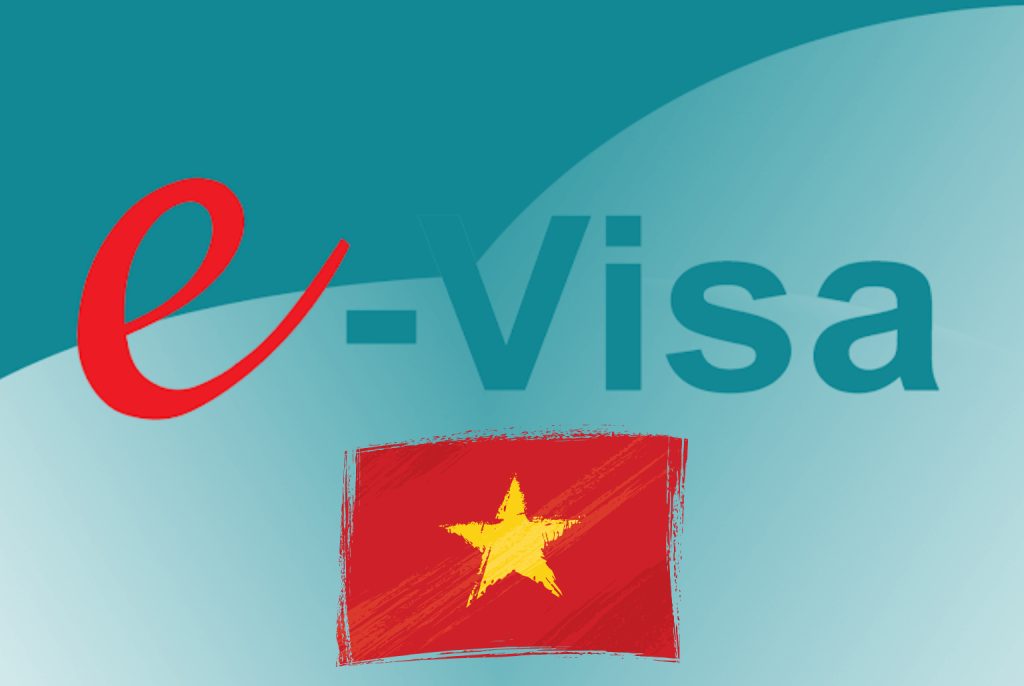
Every traveler should approach the visa application process with certain considerations in mind, ensuring they are well-prepared for their adventure in Vietnam.
Tracking Application Status
After submitting your visa application, it’s advisable to keep track of its status. Most online platforms offer tracking features that allow applicants to monitor progress easily. Staying informed can help manage expectations and prepare for any contingencies.
Ensuring Proper Documentation Upon Arrival
Upon arriving in Vietnam, ensure that all your documentation, including your visa approval letter and travel insurance, is readily available. This diligence will facilitate easier entry, reducing any potential stresses related to border checks.
Cultural Sensitivity and Local Laws
Understanding local customs and laws reflects not only respect but ensures a smoother travel experience. Familiarize yourself with Vietnamese culture, etiquette, and legal requirements to enhance interactions with locals and enjoy deeper connections while exploring the country.
Frequently Asked Questions About Vietnam Visa Applications
As with any travel-related topic, questions abound regarding the intricacies of visa applications. Let’s address some of the most frequently asked queries to clarify common uncertainties.
How Long Does it Take to Process a Vietnam Visa?
Visa processing times can vary based on the type of visa, application method, and the time of year. Generally, e-visa applications take approximately three working days, while traditional visa applications through embassies may require longer.
Can I Extend My Vietnam Visa?
Yes, extensions for tourist visas are possible within Vietnam. However, it is advisable to initiate the extension process at least a week prior to your visa expiration date to avoid penalties.
What Happens if My Visa Application is Denied?
If your visa application is denied, you will typically receive an explanation outlining the reasons. It is imperative to review this feedback carefully and consider addressing any shortcomings before reapplying.
Conclusion Vietnam Visa
Embarking on a journey to Vietnam is undoubtedly an exciting prospect, offering travelers a chance to immerse themselves in a vibrant culture, stunning landscapes, and a rich history. Navigating the Vietnam Visa process may seem daunting at first, but with careful preparation and understanding, it can transform into a seamless part of your travel experience.
By familiarizing yourself with the visa requirements based on nationality, types of visas available, and the e-visa process, you can position yourself for success. Additionally, being mindful of key documentation, avoiding common mistakes, and understanding the nuances involved will help pave the way for an unforgettable adventure in Vietnam. As you prepare for this incredible experience, embrace the journey and let the beauty of Vietnam captivate your heart.
Citizens of 14 countries are exempt 45 days visa: Germany, France, Italy, Spain, Great Britain – Northern Ireland, Russia, Denmark, Sweden, Norway, Finland, Belarus, Japan, South Korea and Mongolia; Citizens Southeast Asia countries are exempt from 14 to 30 days visa. Please double check what you need before applying to avoid full service charged.



i have a franch passport.
do i need e -visa?
i will visit Vietnam for 16 days.